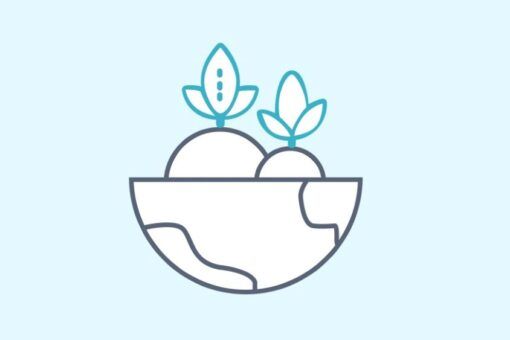
A sustainable diet has been defined by the Food and Agriculture Organisation of the United Nations as: “Sustainable Healthy diets are dietary patterns that promote all dimensions of individuals’ health and wellbeing; have low environmental pressure and impact; are accessible, affordable, safe and equitable; and are culturally acceptable.”
Shireen Kassam, founder of Plant-Based Health Professionals, says: “The medical profession can help to move the needle by embracing radical change when possible — especially within our own ranks — and incremental change when necessary to promote harm reduction. We owe it to the profession, to our patients, and to the planet we share.”
Health organisations can lead in the transition to sustainable diets by committing to prioritise healthy, sustainable food. This can be achieved by:
- Prioritising plant-based food options in menus and messaging
- Increasing plant proteins such as beans, nuts, soya and tofu and reducing meat and dairy
- Minimising food waste
- Informing staff, visitors and colleagues why you are adapting a sustainable food policy and encouraging others to do the same.

Endorse the Plant Based Treaty

Health action on sustainable diets

Eating Better Top Tips

